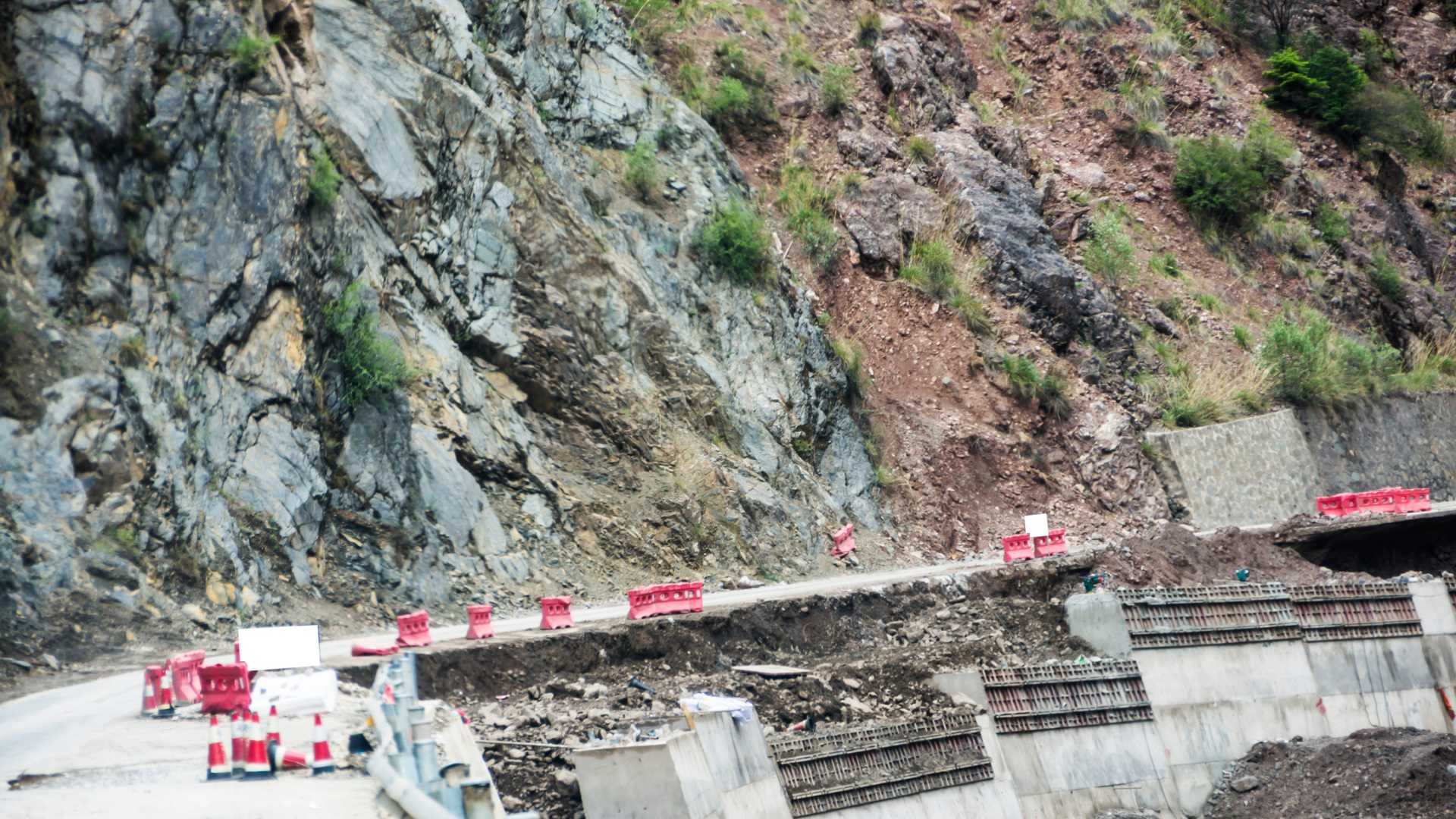Infrastructure Update | August 2025
Another year, another monsoon, and the same cycle of loss. Mountains and wetlands are giving back after years of blasting, tunnelling and concrete poured in the name of development. What scientists warned and communities feared is now routine. Each flood and landslide is not a surprise but the outcome of choices we keep repeating.
- Kishtwar Cloudburst, A Pilgrimage Route Turned Death Trap
On 14th August 2025, a cloudburst over Chisoti village in Kishtwar, Jammu and Kashmir, triggered flash floods and landslides that killed at least 60 pilgrims and left around 200 missing. Many were swept away while gathered for a communal meal ahead of the Machail Mata Yatra. While extreme rainfall was the immediate trigger, the real tragedy lies in systemic neglect. Authorities failed to act on weather warnings, allowing large crowds to gather in a vulnerable zone without basic infrastructure or evacuation plans. The annual pilgrimage route lacked hazard mapping, drainage systems, and proper shelters. Rescue efforts were slowed by destroyed bridges and inaccessible paths, highlighting severe gaps in preparedness.The episode underlines how state-led “infrastructure growth” has become a death trap for local communities.
- Uttarkashi cloudburst: The Day Dharali Disappeared

Uttarkashi: Search and rescue operation underway following flash floods triggered by a cloudburst in Dharali. (Photo: PTI) | India Today
On August 5, Dharali in Uttarkashi vanished almost overnight under a wave of debris and mud. A cloudburst unleashed a torrent that wiped out homes, hotels and shops in seconds. Locals say one moment people were running, the next the whole settlement was gone. The village lay along the Bhagirathi, and relentless riverbank erosion upstream was already weakening its edge. The flood changed the river’s course below Mukhba village, now threatening that hillside community as well. The only bridge linking Mukhba to the rest of Uttarkashi, dating from the 1980s, has been declared unsafe. Locals who saw Dharali disappear are demanding an urgent protective wall. They warn that without action, Mukhba’s cultural and physical existence is at risk too. Dharali’s disappearance is not only about loss of land and homes, it erases memory, culture and livelihoods in one blow, leaving behind a silence that development promises can never replace.
- The Annual Surrender to the Monsoon, Cities Kneel Again
Mumbai has been drowning under relentless rain since mid August. Trains were canceled or stranded in knee deep water. The monorail broke down, trapping 500 people. Schools closed, offices emptied early, and the Mithi River overflowed, forcing the evacuation of around 350 people. The city that never sleeps came to a grinding halt once again. Delhi is under siege too. The Yamuna, already swollen from upstream rain and releases, hovered just above warning levels and was poised to breach the danger mark by August 19. Barrage releases continue, pushing water downstream as agencies issue alerts and prepare for the worst. These are not freak storms. They are reminders that urban sprawl, blocked drains, filled wetlands, ignored floodplains and dam releases have built a perfect opportunity for disaster. The monsoon simply delivered the predictable blow.
Centre for Financial Accountability is now on Telegram and WhatsApp. Click here to join our Telegram channel and click here to join our WhatsApp channel, and stay tuned to the latest updates and insights on the economy and finance.



